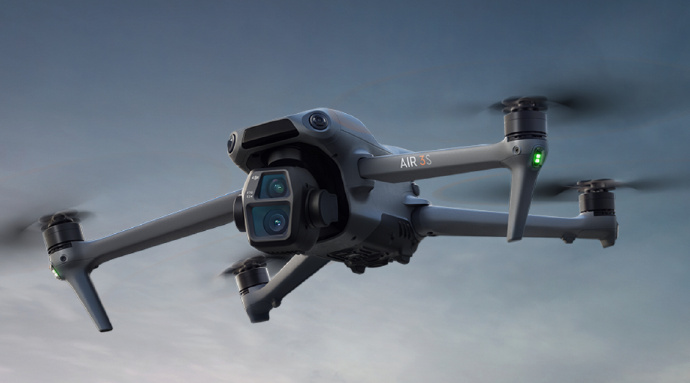Drones have become increasingly prevalent in modern policing strategies, revolutionizing the way law enforcement agencies operate. These unmanned aerial vehicles (UAVs) provide a versatile tool, enabling police forces to perform various tasks more effectively and efficiently. From surveillance to search and rescue missions, drones offer significant advantages, enhancing public safety and improving crime prevention efforts.
The Impact of Drones on Surveillance
In urban areas, drones are utilized for surveillance operations, giving police departments a bird’s-eye view of situations that require real-time monitoring. Equipped with high-resolution cameras and thermal imaging technology, drones can identify criminal activities without exposing officers to potential danger. This capability is particularly useful during large public events, protests, or situations involving armed suspects. By capturing detailed footage and providing intelligence, drones help law enforcement agencies respond swiftly and appropriately.
Drones in Search and Rescue Operations

Drones offer immense benefits in search and rescue missions, allowing police to locate missing persons quickly. These UAVs can cover large areas and reach challenging terrains that might be inaccessible by foot or vehicle. In natural disasters or critical incidents, drones are deployed to assess damage, locate survivors, and deliver supplies. With their thermal imaging capabilities, drones can detect heat signatures, making them invaluable in finding people in difficult environments.
Advantages of Drones in Crime Prevention
The integration of drones in policing strategies significantly enhances crime prevention. These airborne assets can deter criminal activities simply through their presence. Potential offenders may reconsider their actions when they know an area is under drone surveillance. Furthermore, drones can assist in gathering evidence during investigations, providing crucial information that might otherwise be difficult to obtain. Their agility in capturing live footage of crimes-in-progress aids in identifying perpetrators and gathering data for prosecution.
Ensuring Privacy and Addressing Concerns
The deployment of drones in policing has raised privacy concerns among citizens. It is vital for law enforcement agencies to operate these devices within legal frameworks, ensuring any surveillance complies with privacy laws. Transparent policies and communication regarding drone usage can alleviate public apprehension, fostering trust between police and the communities they serve.
Moreover, drone operators must receive adequate training to manage these advanced technologies responsibly. Proper guidelines and operational procedures must be established to prevent misuse of drones and protect the rights of individuals.
Future Implications of Drone Technology
As drone technology continues to evolve, their role in modern policing will expand. Innovations such as AI integration and enhanced battery life will allow drones to perform more diverse functions. Predictive policing might also benefit from drones, using data analytics to anticipate criminal activity and deploy resources preemptively. As these technologies advance, ethical considerations and regulatory measures will remain crucial to ensure the responsible usage of drones.
FAQs About Drones in Policing
- What are the main benefits of using drones in law enforcement?
- Drones provide enhanced surveillance capabilities, efficiency in search and rescue operations, and advanced evidence collection, contributing to improved crime prevention and public safety.
- Do drones compromise privacy?
- While drones have raised privacy concerns, law enforcement agencies must adhere to legal standards, ensuring surveillance complies with privacy laws and transparent policies are communicated to the public.
- How does drone usage impact public trust in policing?
- Transparency in drone operations and adherence to privacy regulations can foster trust between law enforcement and communities, demonstrating responsible and beneficial usage.